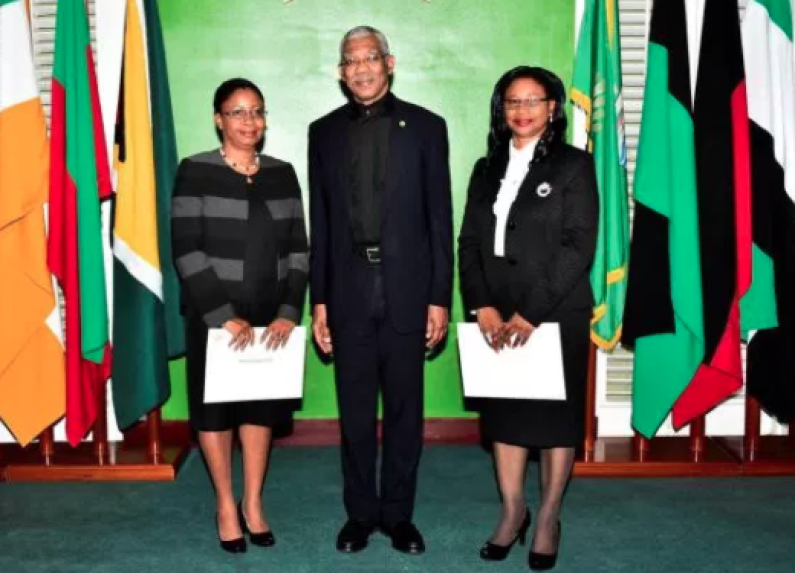
Guyana has received some flak from the President of the Caribbean Court of Justice, Sir Dennis Byron over the continued situation where the top officials of the Judiciary have not been substantively appointed in over a decade.
During a recent address to the Guyana Bar Association, Sir Dennis said “it was a most unfortunate state of affairs,” as he reminded the political directorate of its obligation to appoint a substantive Chancellor and Chief Justice.
He pointed out that, according to Guyana’s Constitution, the Chancellor and the Chief Justice, shall each be appointed by the President, after obtaining the agreement of the Leader of the Opposition.
The CCJ President noted disapprovingly that for 12 years successive Presidents and Leaders of the Opposition have been unable to agree on the substantive appointment of a Chancellor.
Twelve years ago, the Office of Chancellor of the Judiciary of Guyana became vacant when Justice Desiree Barnard, joined the Bench of the CCJ, he reminded.
“I draw attention to Article 127(2) of the Constitution which provides, in relevant part, “If the office of Chancellor is vacant … then until a person has been appointed to and has assumed the functions of such office…the functions shall be performed by such other of the judges as shall be appointed by the President after meaningful consultation with the leader of the opposition,” he said.
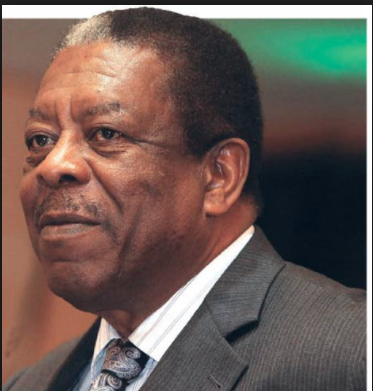
The CCJ President opined that the use of the word shall imposes a mandatory obligation upon both the President and the Leader of the Opposition to come to an agreement on the persons to be appointed as Chancellor and Chief Justice.
“But it should also indicate that the Constitution intended that the identified officials would exercise high standards of good faith and reasonableness because failure to agree is not an acceptable option in the interpretation of that constitutional provision,” he explained.
Justice Byron said the situation has moved well beyond what ought to be acceptable in a modern democracy where respect for the rule of law is maintained.
Back in October, President David Granger had said that he was awaiting a response from the nominee identified for the substantive post of Chancellor of the Judiciary.
The Head of state only said that the person was of Guyanese descent but hails from the Anglophone Caribbean.
Once the nominee responds, President Granger said he will consult with the Leader of the Opposition Bharrat Jagdeo in accordance with the Constitution.
Currently, Justice Yonette Cummings-Edwards serves as acting Chancellor of the Judiciary, while Justice Roxanne George-Wiltshire is the acting Chief Justice. (by Kurt Campbell)












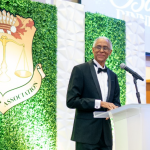
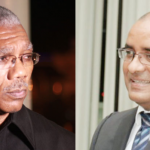
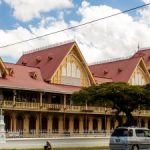


You must be logged in to post a comment Login